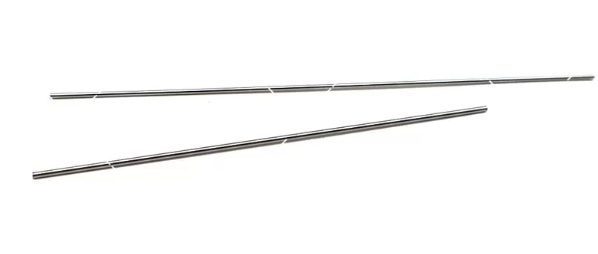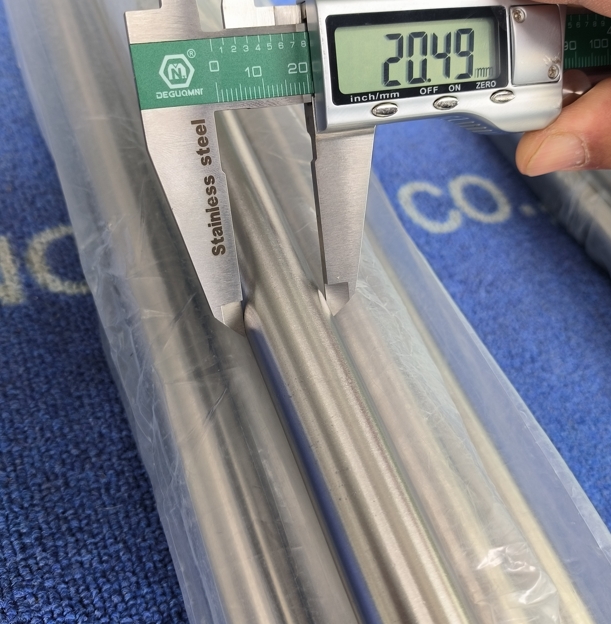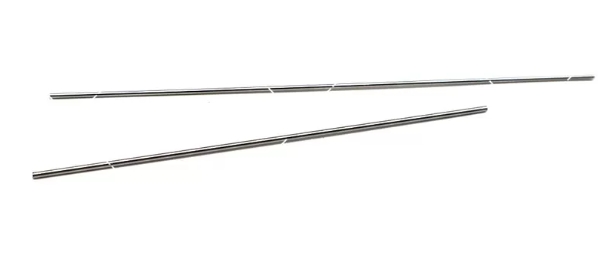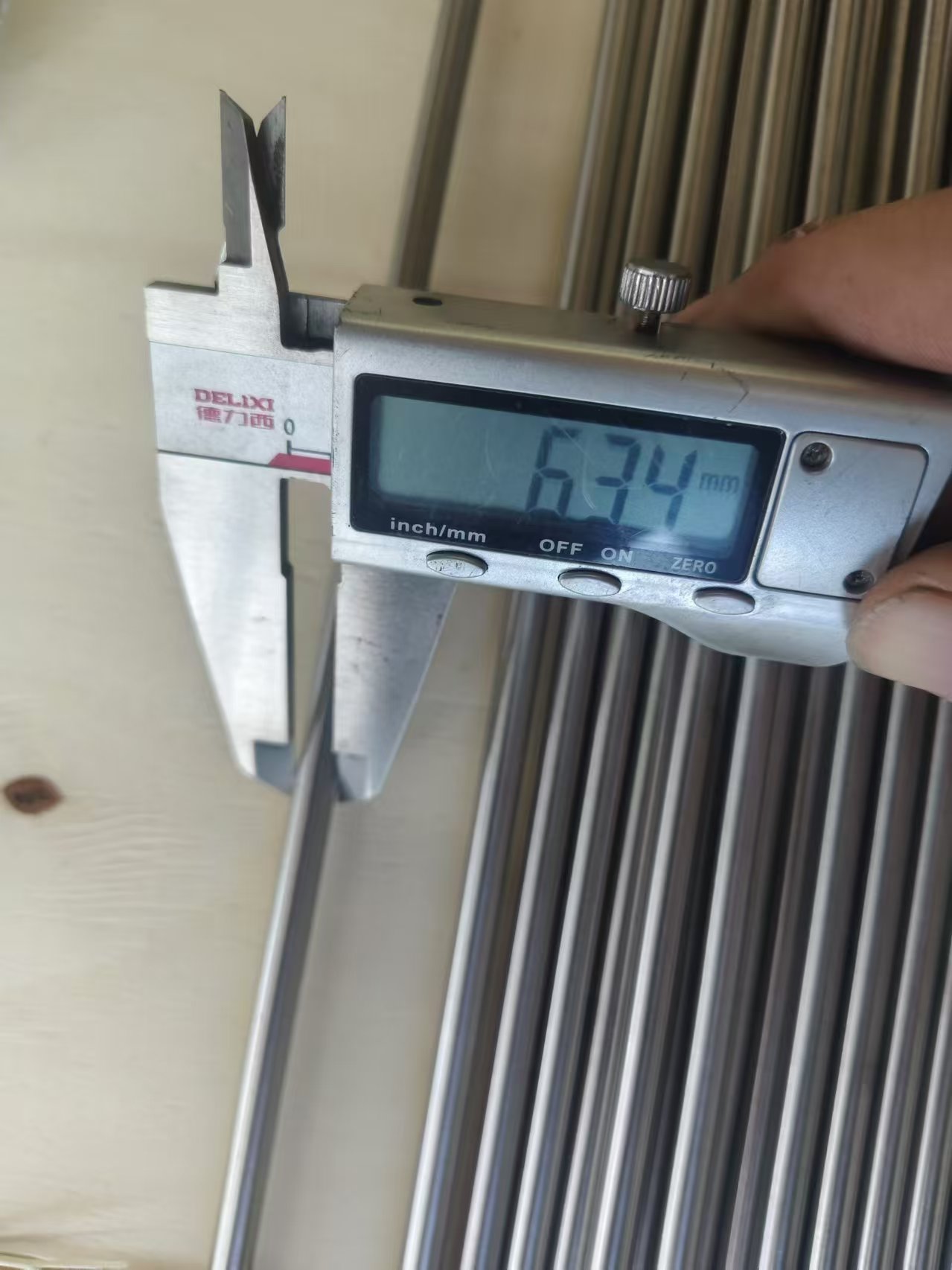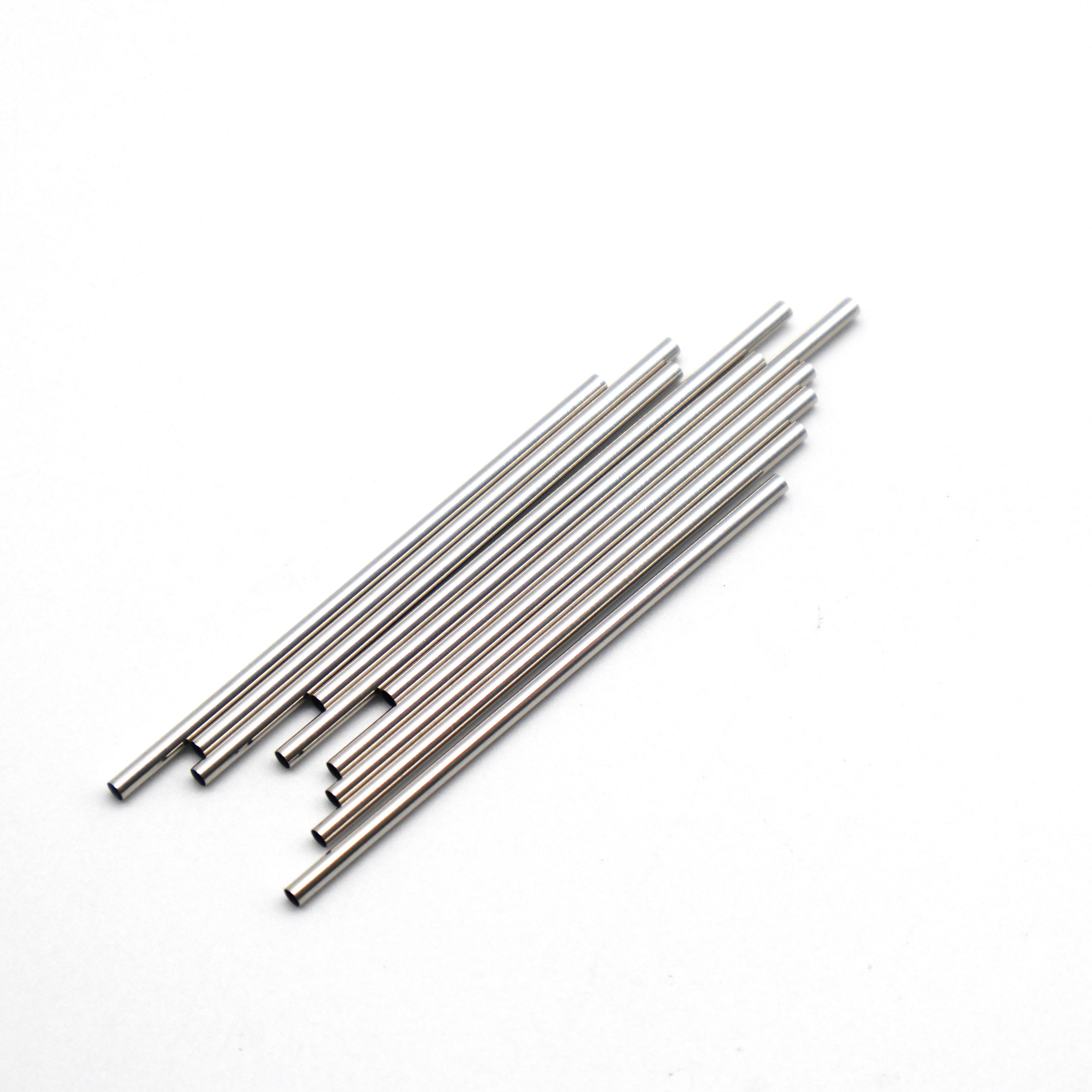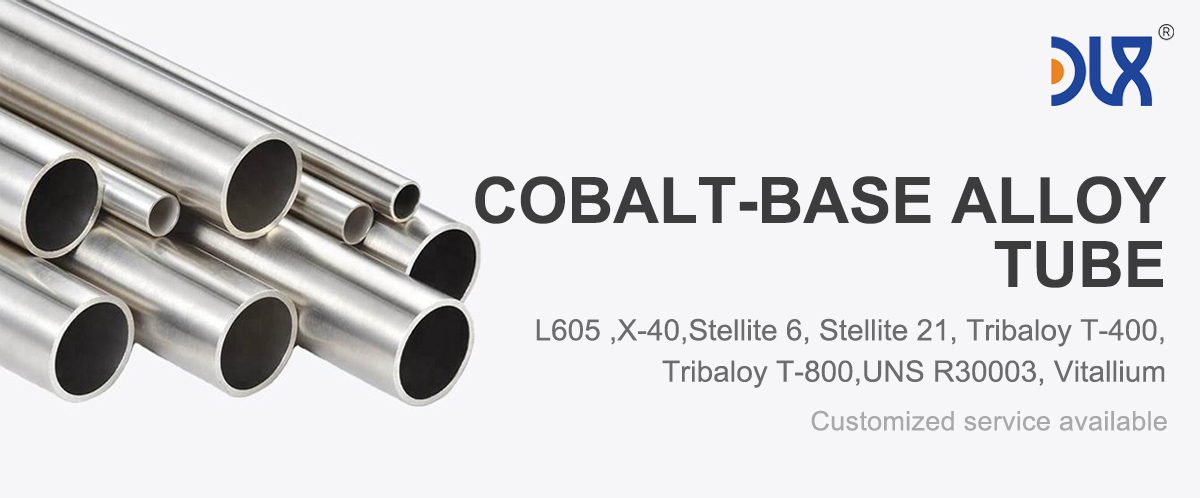
We’re thrilled to spotlight our ASTM F1537 cobalt chrome alloy tubes, a cornerstone for orthopedic applications where strength and reliability are everything. As a company focused on delivering top-notch materials, we’ve engineered these tubes to meet the toughest demands of medical implants and beyond. This article breaks down what makes our product stand out, dives into its applications, explores industry trends, and shows why we’re the best choice for your needs.
For more details, pls directly contact us.
Our ASTM F1537 cobalt chrome alloy tubes are built to perform where it counts. Designed to meet the rigorous standards of ASTM F1537, these tubes are made from a cobalt-chromium-molybdenum (CoCrMo) alloy with 27–30% chromium, 5–7% molybdenum, and trace elements like carbon for extra strength. With tensile strengths soaring up to 1450 MPa, they’re perfect for orthopedic implants that need to handle heavy loads over decades.
What sets our tubes apart? It’s the combo of strength, corrosion resistance, and biocompatibility. The chromium forms a tough oxide layer (Cr2O3) that protects against bodily fluids, while molybdenum boosts fatigue resistance, making these tubes ideal for long-term implants like hip and knee replacements. We use advanced manufacturing techniques—think seamless forging and 3D printing—to craft tubes with precise dimensions and smooth finishes. Whether it’s a small-diameter tube for a spinal implant or a larger one for a hip stem, we tailor every product to your specs.
Every tube we produce is tested to meet strict regulatory standards, like FDA and EU EUDAMED requirements, ensuring they’re safe for medical use. We also keep nickel content low to minimize allergic reactions, so you can trust our tubes to perform reliably in the human body. From design to delivery, we’re all about quality and precision.
Cobalt-Chromium Alloy Parameters Table
|
Parameter |
Typical Value/Range |
|---|---|
|
Chemical Composition |
Cobalt (Co): 60-70% |
|
Density |
8.3-8.5 g/cm³ |
|
Melting Point |
1250-1450°C |
|
Hardness (Rockwell) |
Soft: 20-30 HRC |
|
Tensile Strength |
800-1200 MPa (depending on alloy and heat treatment) |
|
Yield Strength |
500-900 MPa |
|
Young's Modulus |
200-230 GPa |
|
Elongation |
10-20% |
|
Corrosion Resistance |
Excellent, resistant to acids, alkalis, saline, and high-temperature oxidation |
|
Biocompatibility |
Good, widely used in dental restorations and orthopedic implants |
|
Wear Resistance |
Excellent, suitable for high-wear environments like cutting tools, turbine blades |
|
High-Temperature Resistance |
Maintains performance up to 600-800°C, ideal for aerospace engine components |
|
Processing Methods |
Precision casting, 3D printing, CAD/CAM, laser cladding |
|
Typical Applications |
Dental prosthetics (e.g., crowns, frameworks), aerospace parts, turbine blades, oil drilling rods, medical implants |
ASTM F1537 cobalt chrome alloys are a big deal in orthopedics, and for good reason. These alloys are incredibly strong, with yield strengths up to 900 MPa, making them ideal for load-bearing implants like knee stems or hip femoral components. Their high hardness (550–800 MPa) and wear resistance ensure they can handle the constant grinding in joint replacements without wearing down.
Corrosion resistance is another key strength. The chromium content creates a protective oxide layer that stands up to the body’s harsh environment, preventing degradation over time. This is critical for implants that need to last 20 years or more without causing complications like tissue irritation or metal ion release. Biocompatibility is a top priority too—our tubes are designed to work seamlessly with the human body, with minimal risk of adverse reactions.
One thing to note: cobalt chrome’s hardness makes it tougher to machine than materials like titanium or stainless steel. That’s where our expertise comes in. We’ve invested in cutting-edge machining and additive manufacturing to deliver precise tubes without driving up costs. It’s a challenge we’ve turned into an opportunity to stand out.
Applications: Where Our Tubes Make an Impact
Our ASTM F1537 cobalt chrome tubes are a go-to for orthopedic applications, but their versatility extends far beyond. In the medical field, they’re used in:
-
Orthopedic Implants: Our tubes are perfect for hip, knee, and spinal implants, providing the strength and durability needed for load-bearing applications. Their wear resistance means fewer revision surgeries, saving patients time and hassle.
-
Cardiovascular Devices: Small-diameter tubes are ideal for stents and guidewires, where flexibility and biocompatibility are key to treating heart conditions.
-
Dental Prosthetics: From crowns to implant frameworks, our tubes offer corrosion resistance and precision for long-lasting dental solutions.
Outside of medical, our tubes are making waves in other industries:
-
Aerospace: Their high-temperature strength and corrosion resistance make them a top choice for turbine blades and engine components.
-
Petrochemical: In harsh environments like oil refineries, our tubes resist corrosion from aggressive chemicals, ensuring reliable performance.
-
Jewelry: The durability and wear resistance of cobalt chrome make it a premium pick for high-end rings and accessories.
Industry Analysis: What’s Fueling the Market?
The cobalt chrome alloy tubing market is on a roll, with a projected market size of around $500 million in 2025 and a growth rate of 5–12.5% through 2033. We’re right at the forefront, meeting the growing demand for high-performance materials. What’s driving this boom?
The orthopedic implant industry is a major factor. With an aging population and rising cases of arthritis and osteoporosis, the need for reliable implants is skyrocketing. Global healthcare spending is on the rise, especially in emerging markets like Asia-Pacific, and our ASTM F1537 tubes are perfectly suited to meet this demand with their strength and biocompatibility.
Tech advancements are shaking things up too. Additive manufacturing, like selective laser melting, lets us create custom implants with complex geometries and better efficiency. We’re also seeing a shift toward hybrid implants, where cobalt chrome is paired with bioactive coatings to improve bone integration—a trend we’re actively pursuing.
There are challenges, though. Cobalt and chromium are pricey, which can squeeze margins, and strict regulations like FDA approvals and EU’s CE marking add complexity. Competition from lighter Titanium Alloy s or cheaper stainless steel is another hurdle, but cobalt chrome’s superior strength-to-weight ratio and corrosion resistance keep it ahead for high-performance applications. We’re leveraging these advantages to stay competitive.
North America and Europe lead the market with their advanced healthcare systems and strict regulations, but Asia-Pacific is catching up fast. Countries like China, Japan, and South Korea are investing heavily in medical and industrial sectors, and we’re expanding our presence to capitalize on this growth.
Comparison Parameters Table
|
Parameter |
ASTM F1537 Cobalt Chrome Tube |
Titanium Alloy Tube |
Stainless Steel Tube |
|---|---|---|---|
|
Tensile Strength (MPa) |
900–1450 |
800–1100 |
500–1000 |
|
Corrosion Resistance |
Excellent |
Very Good |
Good |
|
Biocompatibility |
High |
High |
Moderate |
|
Wear Resistance |
Excellent |
Good |
Moderate |
|
Density (g/cm³) |
8.3–8.9 |
4.5 |
7.8–8.0 |
|
Machinability |
Difficult |
Moderate |
Moderate |
|
Cost |
High |
Moderate |
Low |
|
Primary Applications |
Orthopedic implants, aerospace |
Medical implants, aerospace |
General medical, industrial |
When it comes to ASTM F1537 cobalt chrome tubing, we’re not just a supplier—we’re a partner you can rely on. Our tubes are crafted with advanced techniques like seamless forging and 3D printing, delivering tighter tolerances and fewer defects than traditional methods. That means you get consistent, high-quality products every time.
We take biocompatibility to the next level. Our alloys are formulated to keep nickel content low, reducing the risk of allergic reactions—a concern with some other products out there. Every tube is tested to exceed ASTM and ISO standards, so you can trust them for critical orthopedic applications.
Flexibility is a big deal for us. Whether you need micro-tubing for spinal implants or larger tubes for hip replacements, we customize to your exact needs. Cobalt chrome’s hardness can make machining tricky, but our state-of-the-art equipment and expertise deliver flawless results without inflating costs.
We’re also ahead of the game on industry trends. Our R&D team is exploring additive manufacturing and new alloy compositions to boost strength and corrosion resistance. We’re even diving into bioactive coatings to improve implant integration, keeping us at the cutting edge of orthopedic innovation.
Looking Ahead: The Future of ASTM F1537 Cobalt Chrome Tubing
The future’s looking bright for cobalt chrome tubing, and we’re excited to lead the charge. As additive manufacturing evolves, we’re pushing the boundaries with more complex designs and stronger alloys. The rise of minimally invasive procedures is driving demand for smaller, more flexible tubes, and we’re ready to deliver.
Sustainability is a priority too. We’re optimizing our processes to cut waste and energy use, meeting the needs of eco-conscious customers. With the global orthopedic implant market set to keep growing, we’re scaling up while staying true to our commitment to quality.
Wrapping It Up
Our ASTM F1537 cobalt chrome alloy tubes are more than just a product—they’re a solution for the toughest challenges in orthopedics and beyond. With unmatched strength, corrosion resistance, and biocompatibility, they’re the top choice for implants, aerospace components, and more. Backed by our advanced manufacturing, rigorous testing, and innovative approach, we’re delivering products that go beyond expectations. Whether you’re designing life-changing hip replacements or durable turbine blades, our cobalt chrome tubes have you covered.
For more details, pls directly contact us.
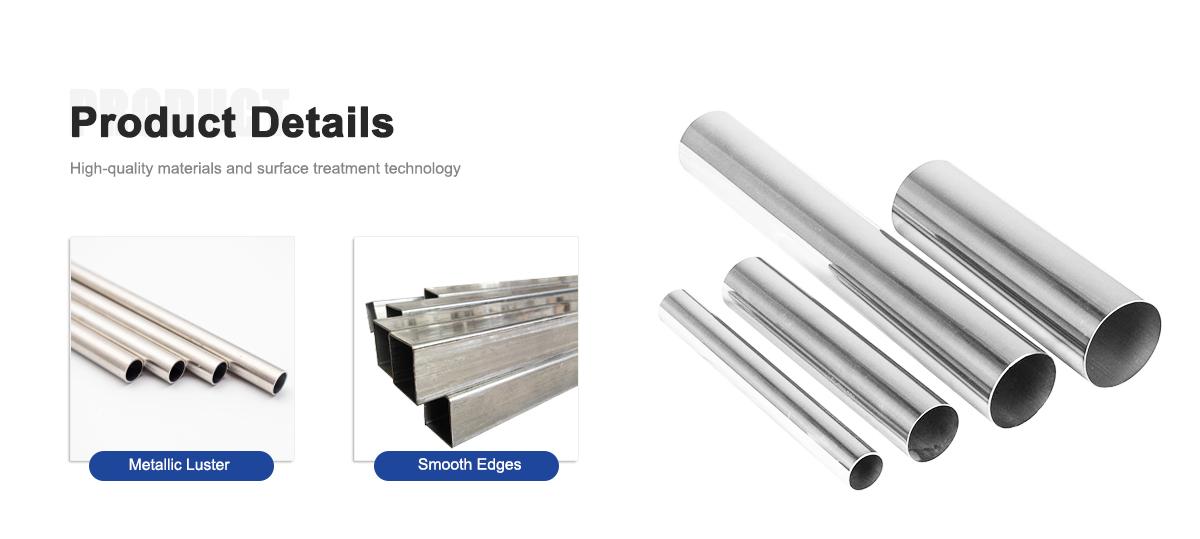
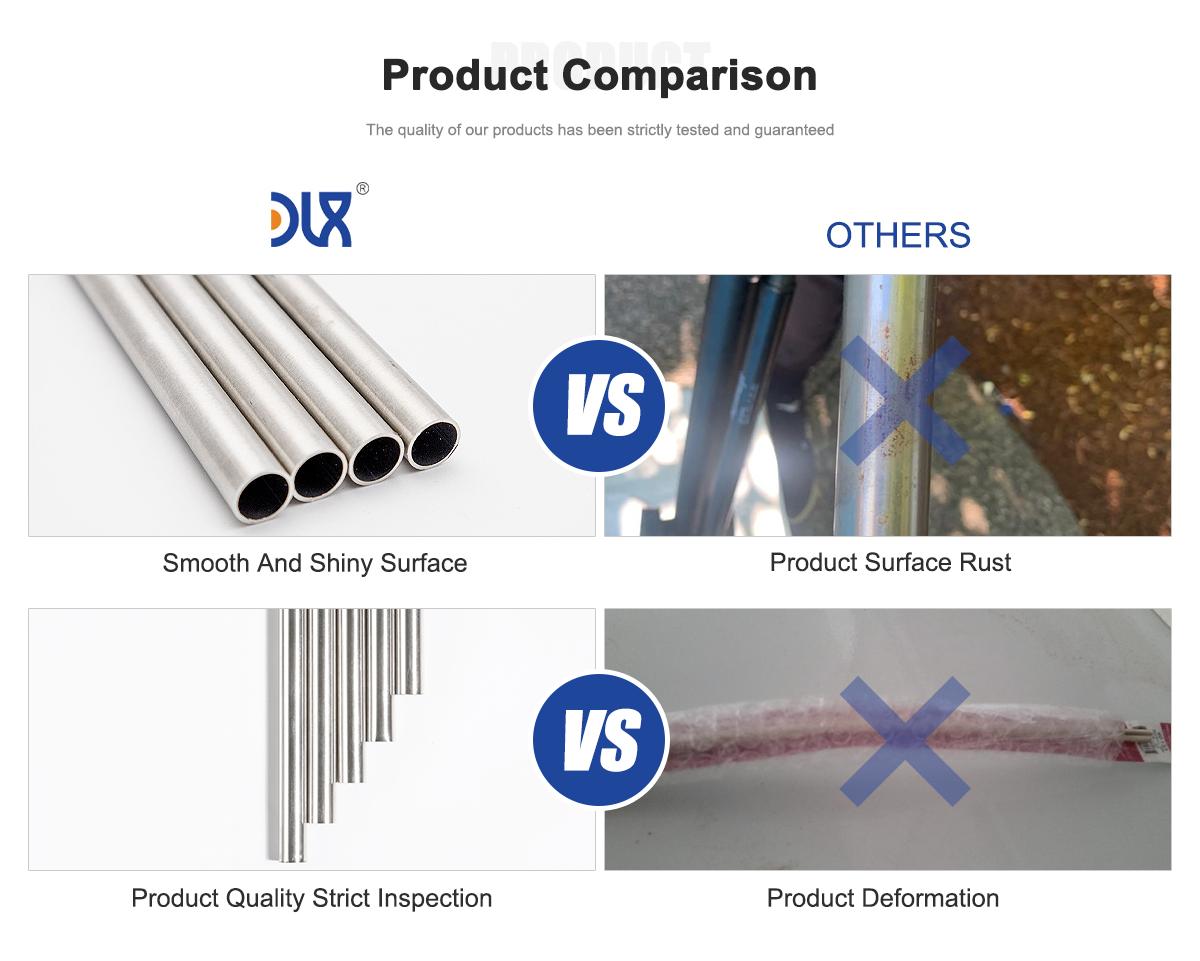
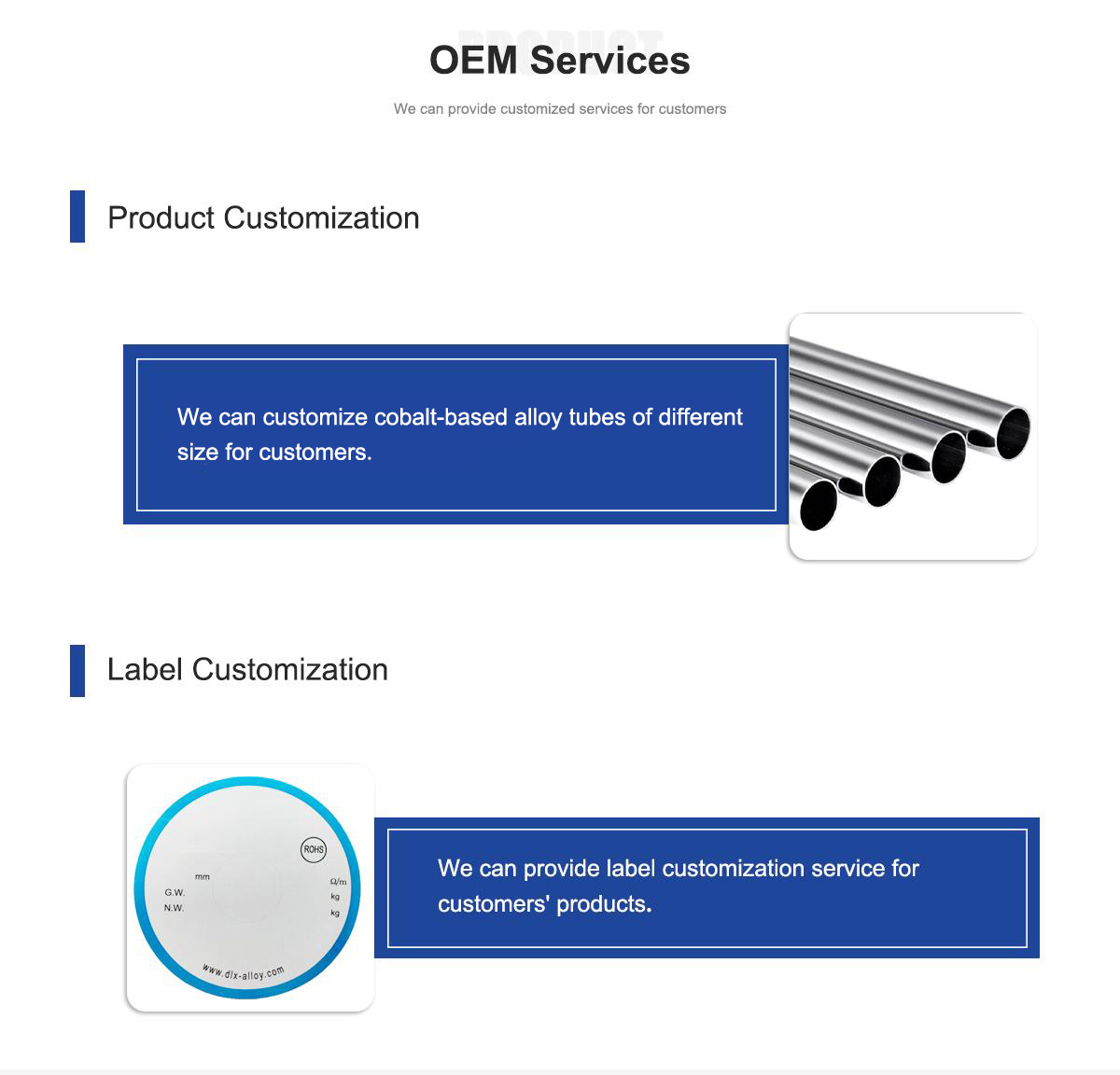
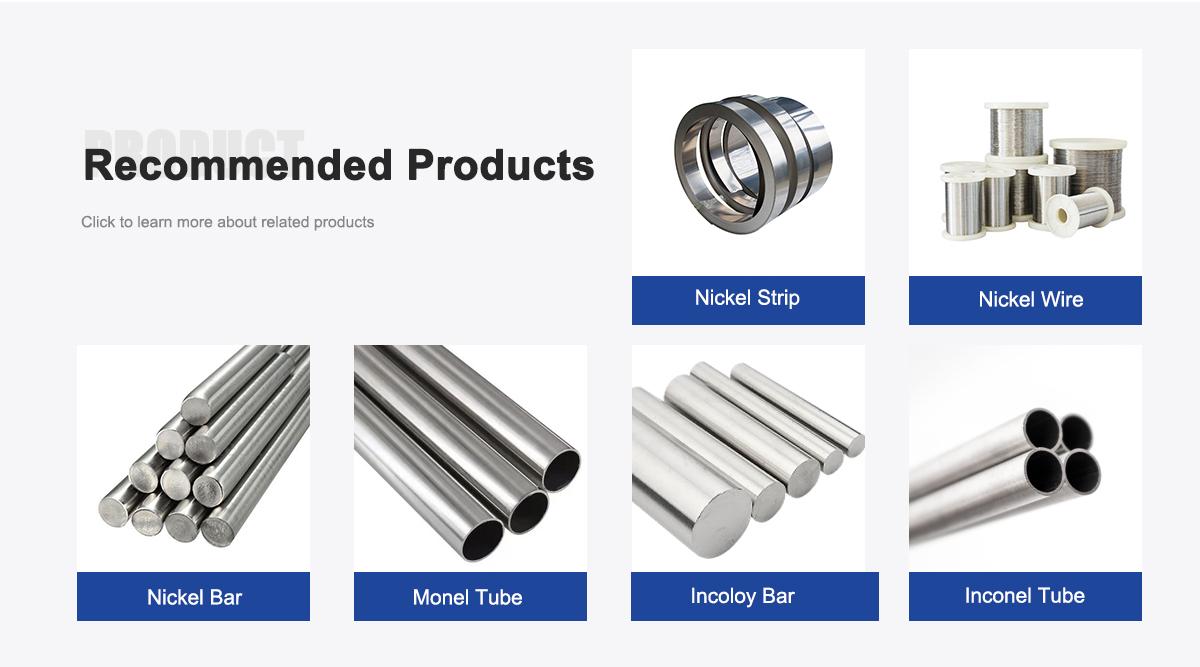
About Us:
Our 12,000㎡ factory is equipped with complete capabilities for research, production, testing, and packaging. We strictly adhere to ISO 9001 standards in our production processes, with an annual output of 1,200 tons. This ensures that we meet both quantity and quality demands. Furthermore, all products undergo rigorous simulated environment testing including high temperature, high pressure, and corrosion tests before being dispatched, ensuring they meet customer specifications.
For all our clients, we offer timely and multilingual after-sales support and technical consulting, helping you resolve any issues swiftly and efficiently.
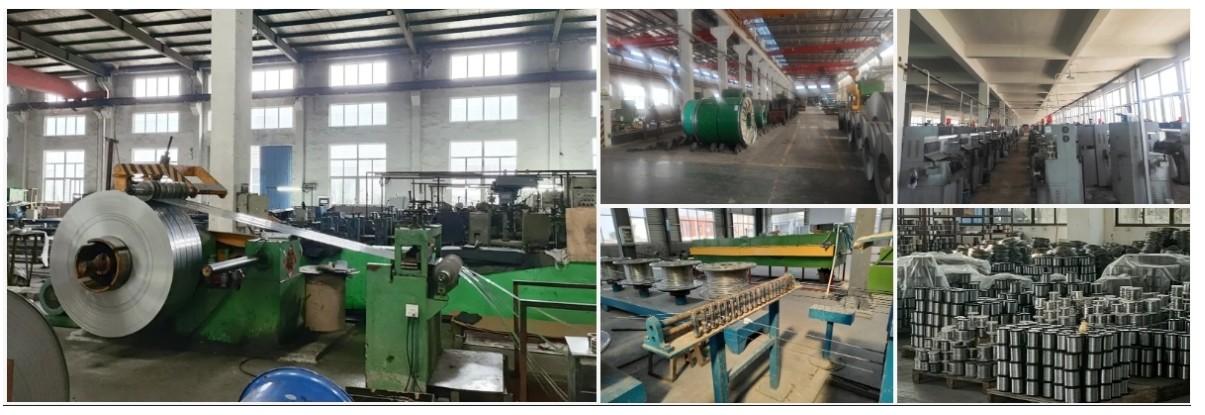
Client Visits
Building Stronger Partnerships

We support all kinds of testing:
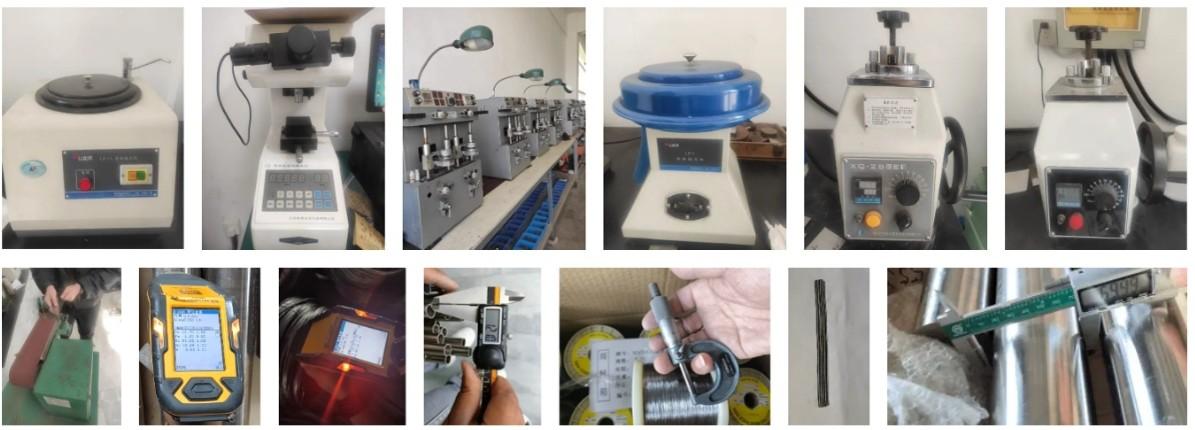

FAQs:
-
What is ASTM F1537 cobalt chrome alloy tubing used for in orthopedics?
It’s used for load-bearing implants like hip, knee, and spinal implants due to its high strength and biocompatibility. -
Why choose ASTM F1537 for orthopedic applications?
Its standardized composition ensures excellent corrosion resistance, wear resistance, and durability for long-term implants. -
What are the mechanical properties of ASTM F1537 cobalt chrome tubing?
Offers tensile strength of 900–1450 MPa, high hardness (550–800 MPa), and superior fatigue resistance. -
How is ASTM F1537 cobalt chrome tubing manufactured?
Through seamless forging, wrought processing, or additive manufacturing like selective laser melting for precision. -
Is ASTM F1537 cobalt chrome tubing biocompatible?
Yes, it’s highly biocompatible with low nickel content to minimize allergic reactions in the body. -
What other industries use ASTM F1537 cobalt chrome tubing?
Aerospace for turbine components, petrochemical for corrosion-resistant piping, and jewelry for durable designs. -
What challenges come with using ASTM F1537 tubing?
High material costs and difficult machining due to its hardness can increase production expenses. -
What are the latest trends for ASTM F1537 cobalt chrome tubing?
Growth in 3D printing for custom implants, new alloy formulations, and bioactive coatings for better bone integration.

